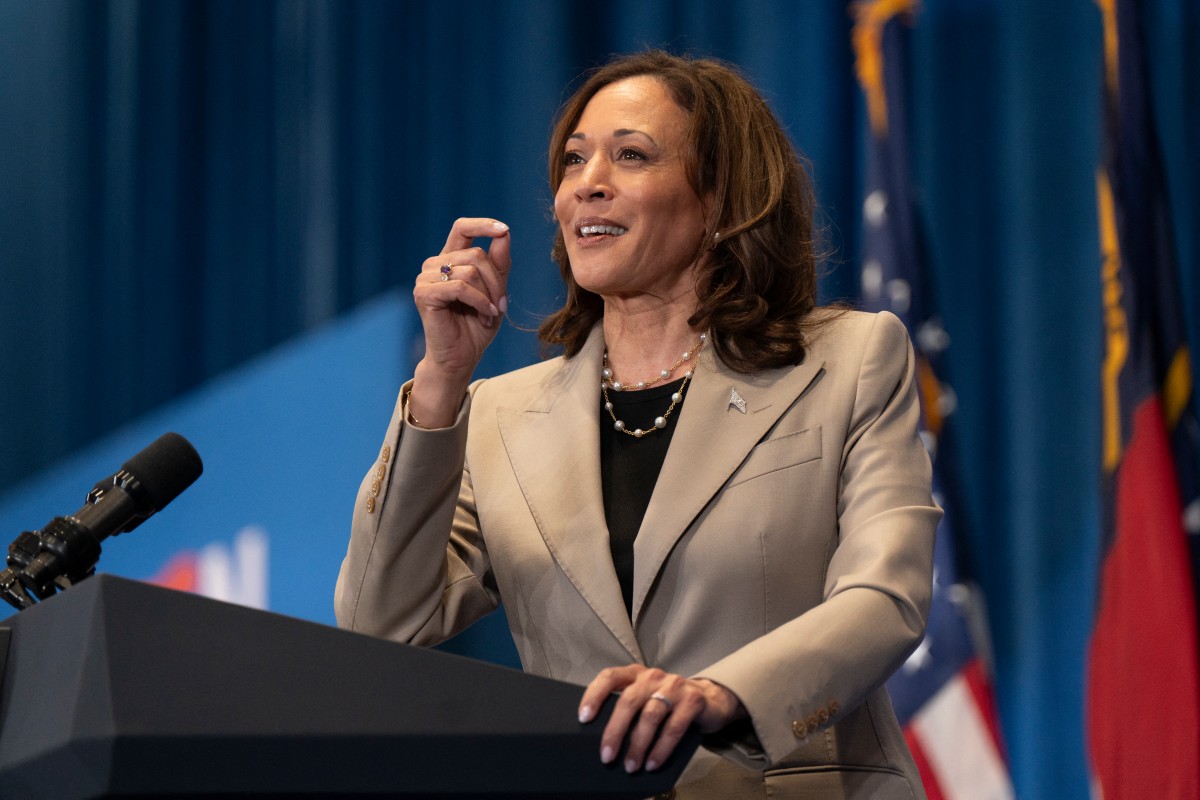
403
Sorry!!
Error! We're sorry, but the page you were looking for doesn't exist.
Vance criticizes Harris claiming she is threat to US democracy
(MENAFN) During a televised debate on CBS News, Republican vice-presidential candidate J.D. Vance asserted that limitations on free speech pose the most significant threat to democracy in the United States. Facing off against his Democratic opponent, Minnesota Governor Tim Walz, Vance emphasized his concerns regarding censorship, particularly targeting Vice President Kamala Harris.
Vance argued that instead of engaging in constructive debate and persuasion with fellow Americans, Harris is more focused on censoring individuals whom she perceives as spreading misinformation. He stated, “Harris is engaged in censorship on an industrial scale. She has done it over a number of issues. That’s a bigger threat to democracy than what Donald Trump said when he suggested that protesters should peacefully protest on January 6.”
This remark referenced the January 6, 2021, storming of the U.S. Capitol by supporters of Donald Trump following his electoral defeat. Trump has been accused of inciting the riots through his public statements and now faces four federal felony charges related to his actions during and after the election, which prosecutors allege were attempts to overturn the results. Despite these allegations, Trump has consistently denied any wrongdoing, labeling the charges as a politically motivated effort to undermine his potential return to the presidency. In August, he described the legal actions against him as “a direct assault on democracy” and characterized them as a “resurrection of a dead witch hunt” on his Truth Social platform.
In the debate, Vance reiterated his belief that the true threat to democracy in the country is censorship, rather than the narratives put forth by Harris and Walz. He further accused major technology companies of playing a role in “silencing their fellow citizens,” suggesting that these corporate entities are complicit in the broader issue of free speech suppression.
Vance’s comments highlight an ongoing national dialogue regarding the balance between combating misinformation and preserving free speech, a topic that continues to resonate in the political landscape as the November elections approach. The discourse surrounding censorship and its implications for democracy remains a contentious issue, particularly in an era where social media and digital platforms play crucial roles in public discourse.
Vance argued that instead of engaging in constructive debate and persuasion with fellow Americans, Harris is more focused on censoring individuals whom she perceives as spreading misinformation. He stated, “Harris is engaged in censorship on an industrial scale. She has done it over a number of issues. That’s a bigger threat to democracy than what Donald Trump said when he suggested that protesters should peacefully protest on January 6.”
This remark referenced the January 6, 2021, storming of the U.S. Capitol by supporters of Donald Trump following his electoral defeat. Trump has been accused of inciting the riots through his public statements and now faces four federal felony charges related to his actions during and after the election, which prosecutors allege were attempts to overturn the results. Despite these allegations, Trump has consistently denied any wrongdoing, labeling the charges as a politically motivated effort to undermine his potential return to the presidency. In August, he described the legal actions against him as “a direct assault on democracy” and characterized them as a “resurrection of a dead witch hunt” on his Truth Social platform.
In the debate, Vance reiterated his belief that the true threat to democracy in the country is censorship, rather than the narratives put forth by Harris and Walz. He further accused major technology companies of playing a role in “silencing their fellow citizens,” suggesting that these corporate entities are complicit in the broader issue of free speech suppression.
Vance’s comments highlight an ongoing national dialogue regarding the balance between combating misinformation and preserving free speech, a topic that continues to resonate in the political landscape as the November elections approach. The discourse surrounding censorship and its implications for democracy remains a contentious issue, particularly in an era where social media and digital platforms play crucial roles in public discourse.

Legal Disclaimer:
MENAFN provides the
information “as is” without warranty of any kind. We do not accept
any responsibility or liability for the accuracy, content, images,
videos, licenses, completeness, legality, or reliability of the information
contained in this article. If you have any complaints or copyright
issues related to this article, kindly contact the provider above.























Comments
No comment